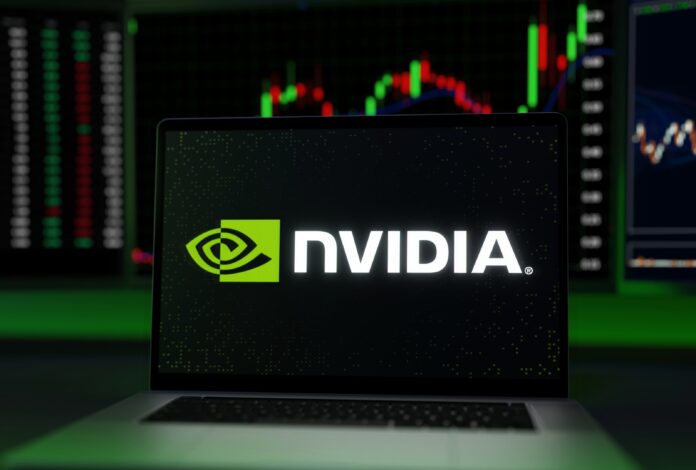NVIDIA, a global leader in accelerated computing, on Wednesday reported revenue of USD44.1 billion in its first quarter ended April—up 12 percent from the previous quarter and 69 percent year-over-year — as global demand for artificial intelligence infrastructure continued to soar. The company reported a 31 percent jump in first quarter net income to USD19.9 billion.
The Nasdaq-listed company performance highlighted its central role in the AI boom, despite taking a major hit from new U.S. export restrictions affecting sales in China.
NVIDIA was informed by the U.S. government in April that its H20 AI chips would require a license for export to China. As a result, the company recorded a USD4.5 billion charge related to excess inventory and purchase obligations. While USD4.6 billion in H20 product sales were recognized before the licensing rules took effect, an additional USD2.5 billion in expected revenue went unrealized.
Excluding this one-time charge, non-Generally Accepted Accounting Principles (GAAP) gross margins would have reached a robust 71.3 percent. Reported margins were 60.5 percent (GAAP) and 61.0 percent (non-GAAP). Diluted earnings per share came in at USD0.81 non-GAAP, or USD0.96 excluding the inventory charge and tax impacts.
NVIDIA chief executive officer Jensen Huang expressed confidence in the company’s momentum, citing strong uptake of NVIDIA’s next-generation Blackwell NVL72 AI supercomputers. “AI computing is the new essential infrastructure—like electricity and the internet—and NVIDIA stands at the center of this profound transformation,” Huang said.
NVIDIA expects revenue in its May-July quarter of USD45 billion, despite an estimated USD8 billion revenue loss tied to ongoing export limitations. Margins are forecast to improve, with non-GAAP gross margin expected at 72 percent, inching toward the company’s mid-70 percent goal by year-end.
NVIDIA will pay a USD0.01 per-share dividend on July 3, 2025, to shareholders of record as of June 11.
The company focuses its platform on four large markets where its expertise is critical: Data Center, Gaming, Professional Visualization, and Automotive.
-0-







